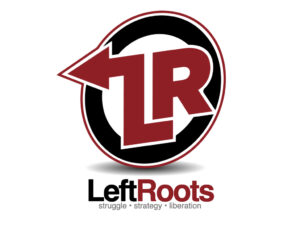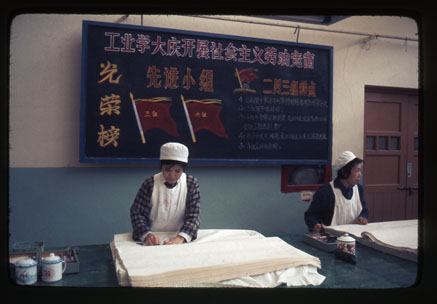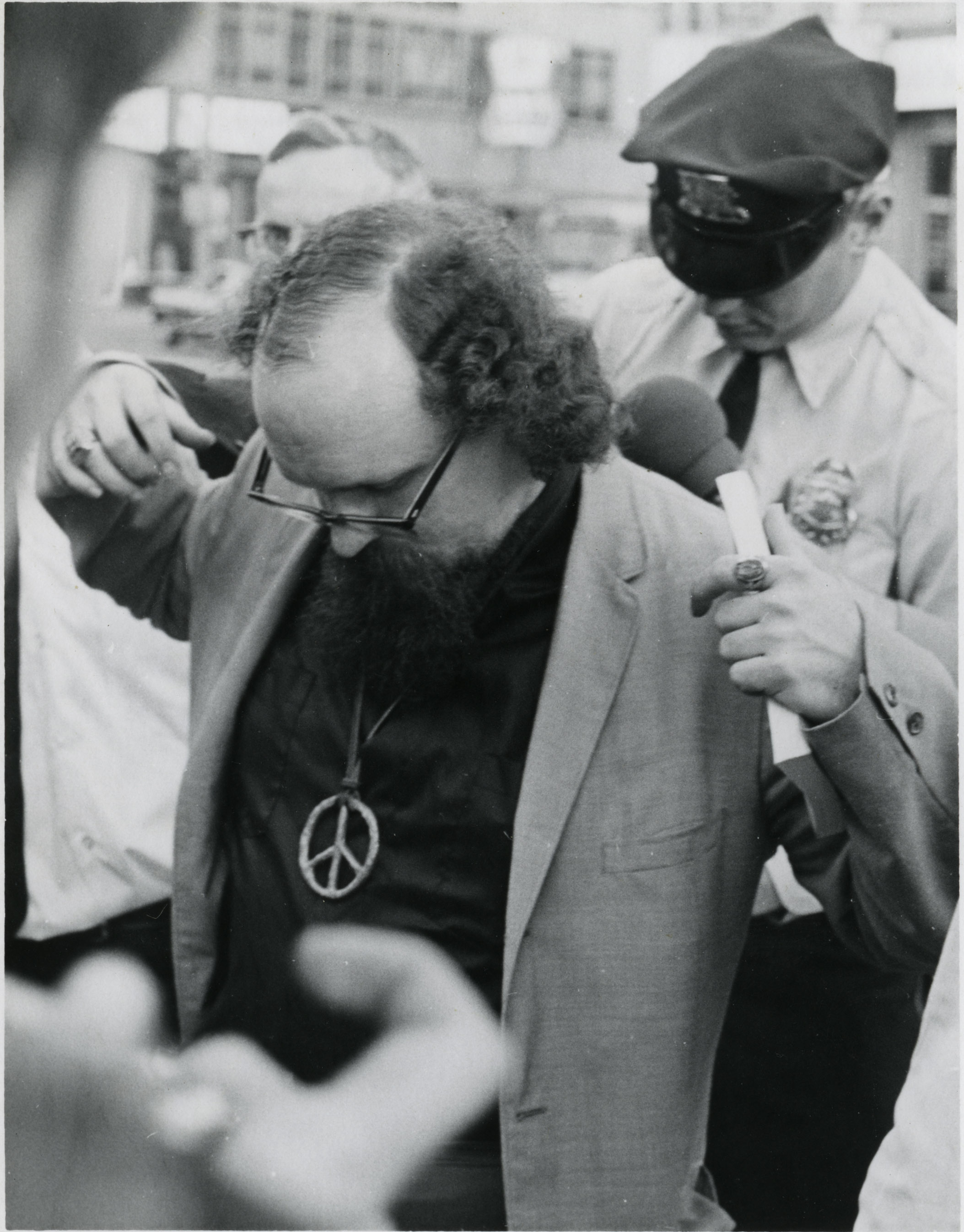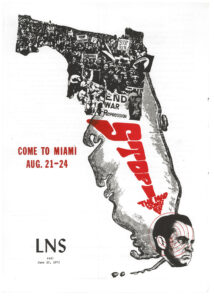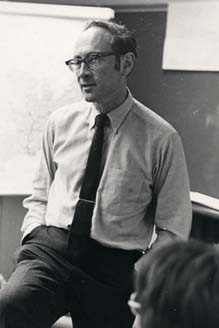Susan Kleckner Papers
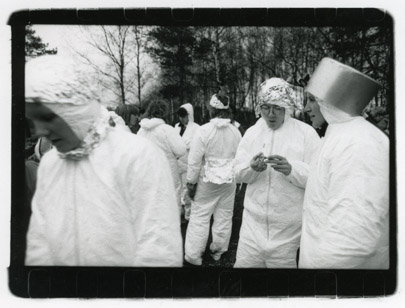
A feminist, filmmaker, photographer, performance artist, writer, and New Yorker, Susan Kleckner helped to define the Feminist Art Movement. Born in 1941, Kleckner was instrumental in uniting Women Artists in Revolution (WAR) with Feminists in the Arts in 1969, and in 1970 she became a founder of the Women’s Interart Center, which still fosters women artists in the performing, visual, and media arts. A talented and prolific visual artist, she produced several important video documentaries during her career, beginning with Three Lives (made in collaboration with Kate Millet in 1970), which is considered the first all-women produced feature documentary. Her work often reflected a feminist commitment to the cause of peace: she participated in and photographed the Greenham Common Women’s Peace Camp in England during the mid-1980s and in 1987, she curated a major year-long installation on Broadway called WindowPeace. A brilliant teacher, Kleckner was the first woman to teach photography at the Pratt Institute and she worked at the International Center for Photography in New York from 1982 until her death in July 2010.
A wide ranging and highly diverse collection, the Kleckner Papers document a life in art and activism. The diaries, letters, notes, and essays in the collection are augmented by hundreds of photographic prints and artwork in a variety of media.


